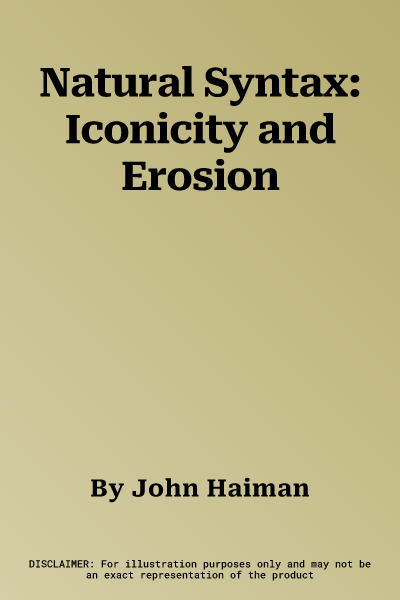John Haiman
(Author)Natural Syntax: Iconicity and ErosionHardcover, 19 November 1985

Temporarily out of stock
Free Delivery
Cash on Delivery
15 Days
Free Returns
Secure Checkout

Part of Series
Cambridge Studies in Linguistics
Part of Series
Cambridge Studies in Biotechnology
Part of Series
Cambridge Studies in Linguistics (Hardcover)
Print Length
296 pages
Language
English
Publisher
Cambridge University Press
Date Published
19 Nov 1985
ISBN-10
0521266416
ISBN-13
9780521266413
Description
Product Details
Author:
Book Format:
Hardcover
Date Published:
19 November 1985
Dimensions:
22.81 x
15.19 x
0.99 cm
ISBN-10:
0521266416
ISBN-13:
9780521266413
Language:
English
Location:
Cambridge
Pages:
296
Publisher:
Series:
Weight:
566.99 gm